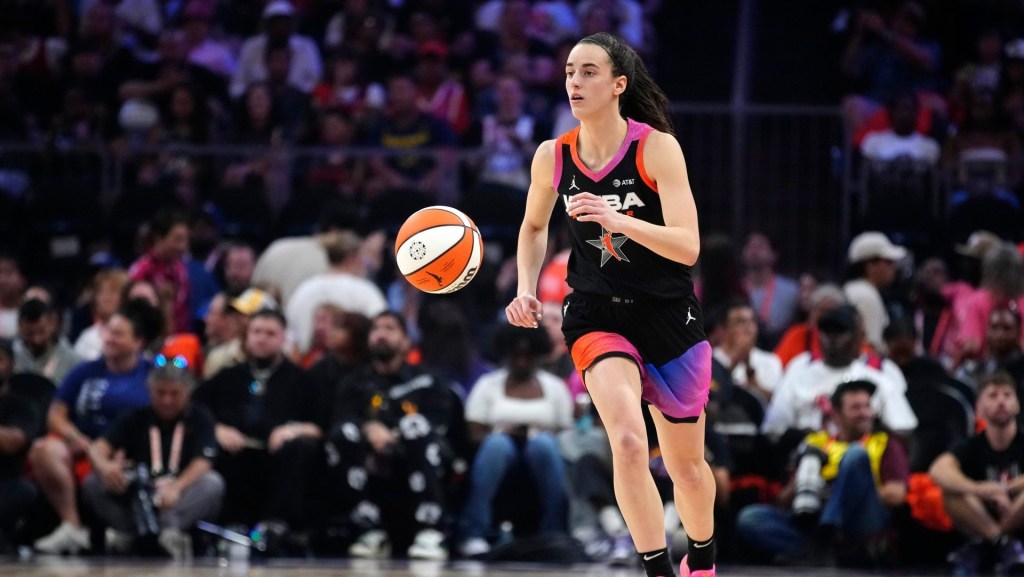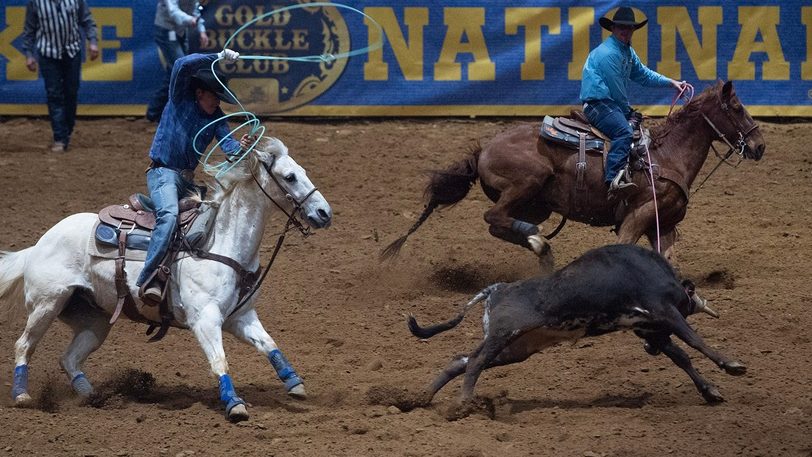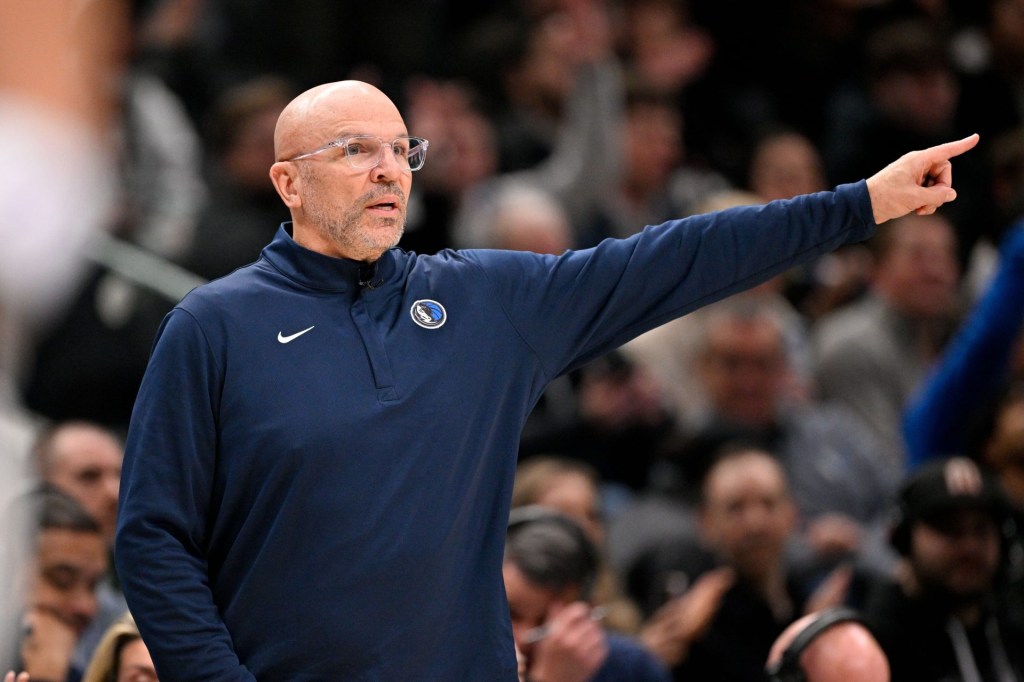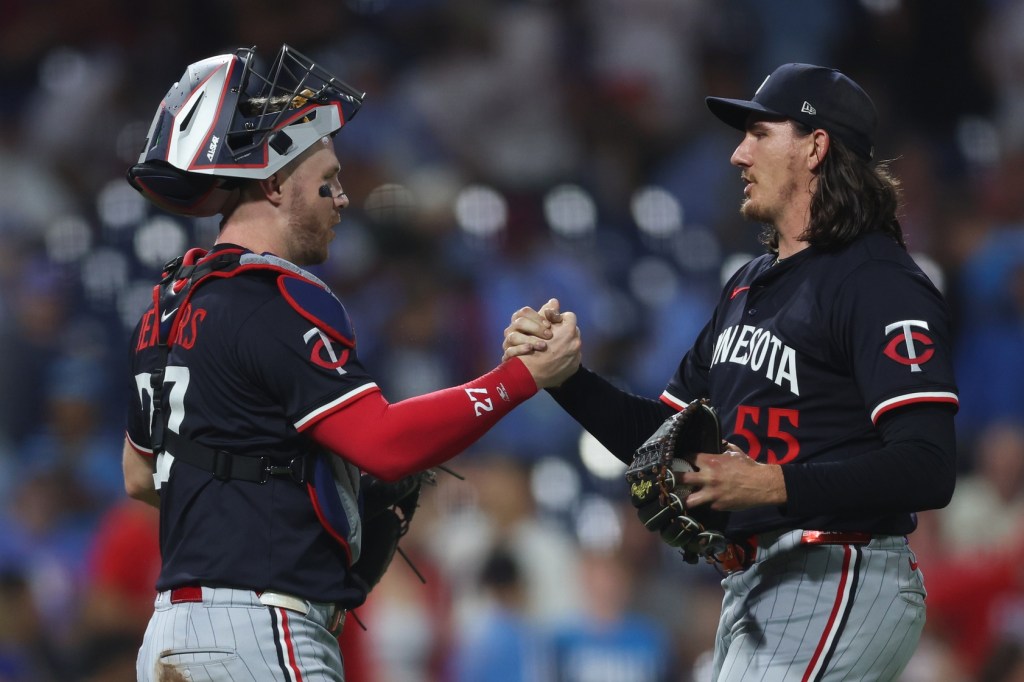The ongoing salary deferrals for former MLB star Bobby Bonilla (above), kicking in once again Monday, have become something of an unofficial holiday. But the arrival of July 1 brings not only another seven-figure check for Bonilla, but serious money for several other former players—as well as an entirely new context for deferrals thanks to an active superstar.
As has been the case since 2011, Bonilla today will receive a $1.19 million annual payment from the Mets, a continuation of a deferral structure created in 2000, and lasting until ’35. But he’s far from alone. Other prior stars getting paid today include:
- Hall of Famer Ken Griffey Jr. will receive the final $3.59 million from a 16-year, $57.5 million deferral agreement with the Reds.
- Manny Ramirez will receive $2 million from the Red Sox as part of a 16-year, $32 million deferral pact running through 2026.
- Chris Davis will receive $9.1 million from the Orioles as part of deferrals contained within his prior $161 million contract. According to Spotrac, Davis has another $40 million due from the team between now and 2037.
- The 61-year-old Bonilla, meanwhile, has a second deferral agreement with the Orioles, who are paying him $500,000 each year from 2004–28.
- Bret Saberhagen will receive $250,000 annually from the Mets in his own deal running from 2004–28, with that pact helping inspire Bonilla’s agreements.
Some of these payments are well in excess of the 2024 salaries of many current MLB stars including the Orioles’ Gunnar Henderson ($756,200), Reds’ Elly De La Cruz ($724,500), and Yankees’ Anthony Volpe ($810,100). Many more deferral payments are forthcoming as notable current players such as the Rangers’ Max Scherzer and the Dodgers’ Mookie Betts and Freddie Freeman have deferrals in their current or prior contracts, as such structures provide near-term financial flexibility for teams and longer-term security for players.
A New Look at Deferrals
All of these contract provisions, however, pale in comparison to the $680 million in total deferrals for Dodgers superstar Shohei Ohtani. The Japanese phenom agreed to set aside $68 million of his $70 million annual salary to help keep his new team competitive, and he will be paid that money instead between 2034–43.
The unprecedented scale of Ohtani’s deferrals, however, has raised the ire of some California legislators that fear missing out on nearly $100 million in critical tax revenue. Earlier this year, the state senate passed legislation urging the U.S. Congress to establish a “reasonable cap on deferred compensation,” in turn allowing individual states to capture more tax revenue. The measure is now moving to the state assembly for consideration.
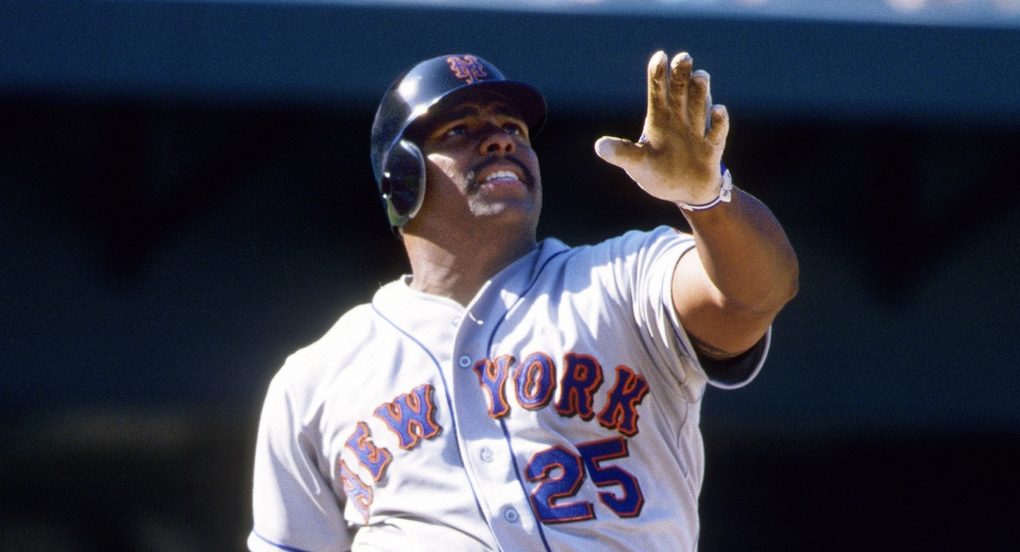


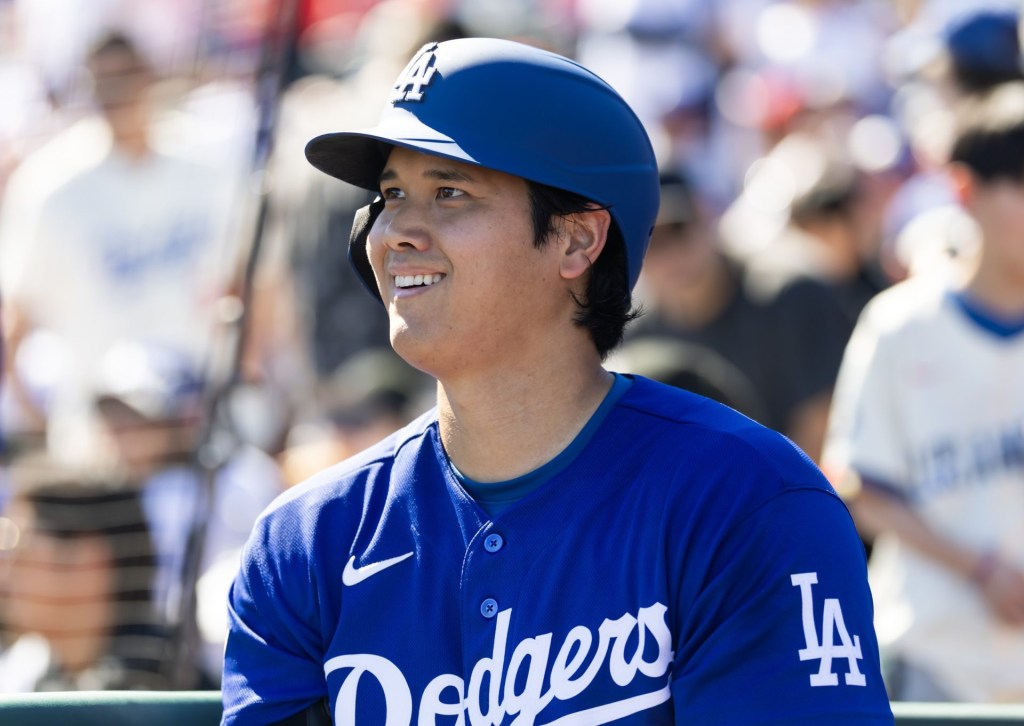



![[Subscription Customers Only] Jun 15, 2025; Seattle, Washington, USA; Botafogo owner John Textor inside the stadium before the match during a group stage match of the 2025 FIFA Club World Cup at Lumen Field.](https://frontofficesports.com/wp-content/uploads/2026/02/USATSI_26465842_168416386_lowres-scaled.jpg?quality=100&w=1024)
![[Subscription Customers Only] Jul 13, 2025; East Rutherford, New Jersey, USA; Chelsea FC midfielder Cole Palmer (10) celebrates winning the final of the 2025 FIFA Club World Cup at MetLife Stadium](https://frontofficesports.com/wp-content/uploads/2026/02/USATSI_26636703-scaled-e1770932227605.jpg?quality=100&w=1024)
